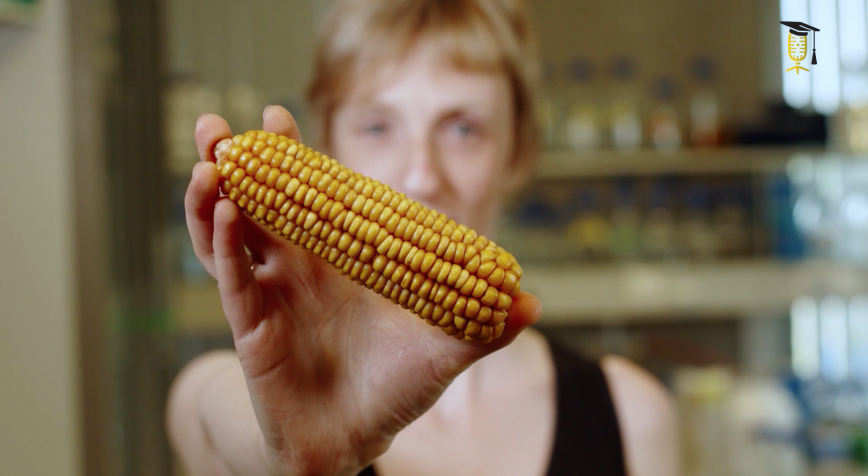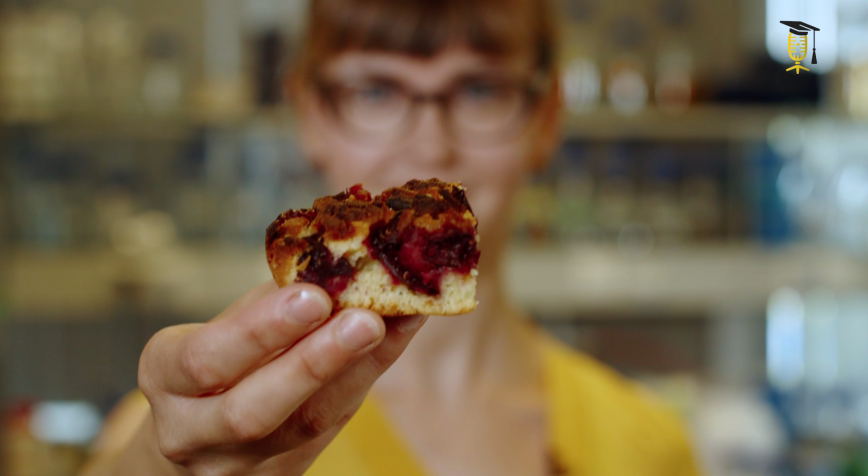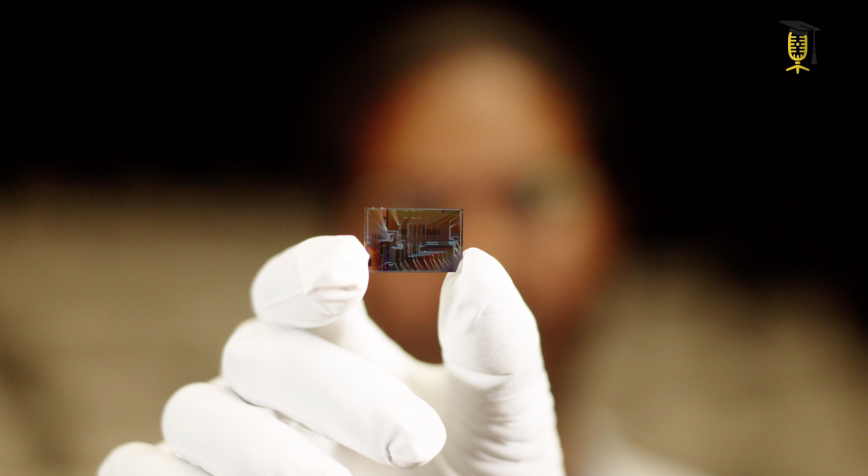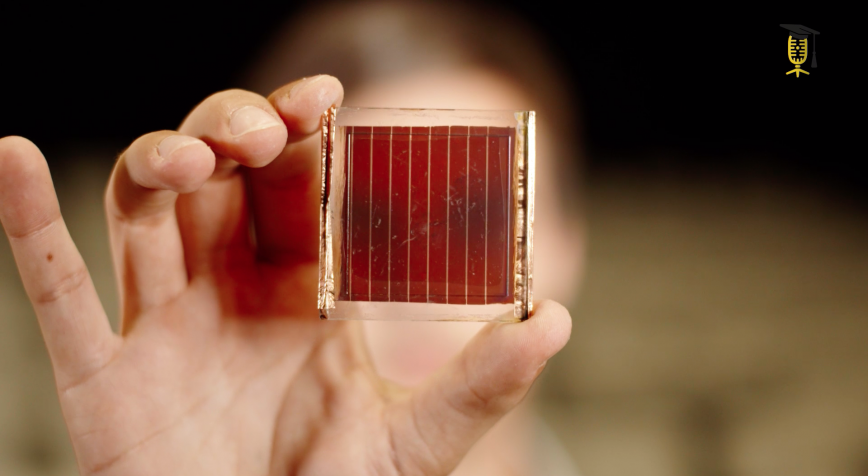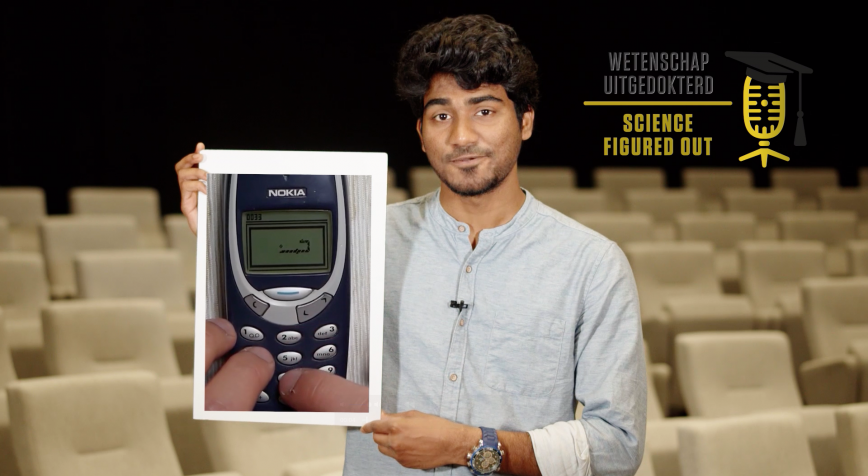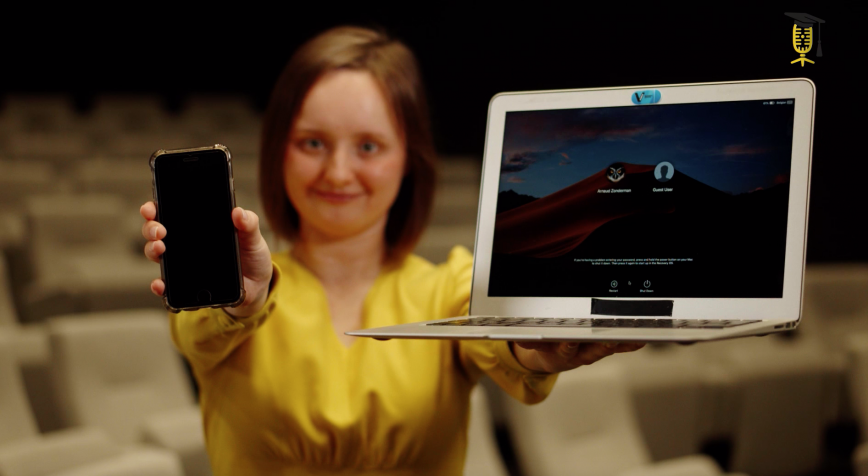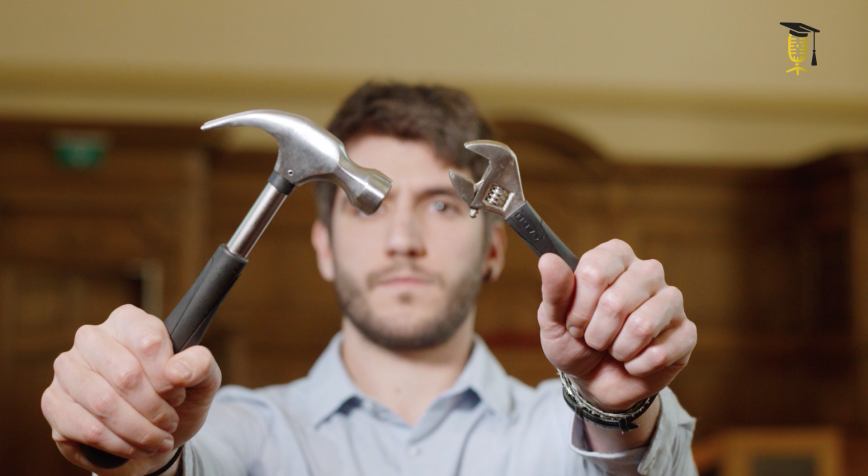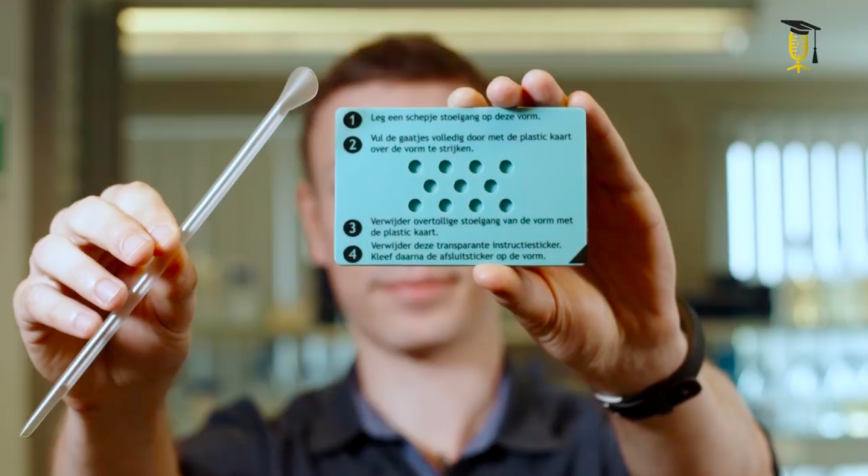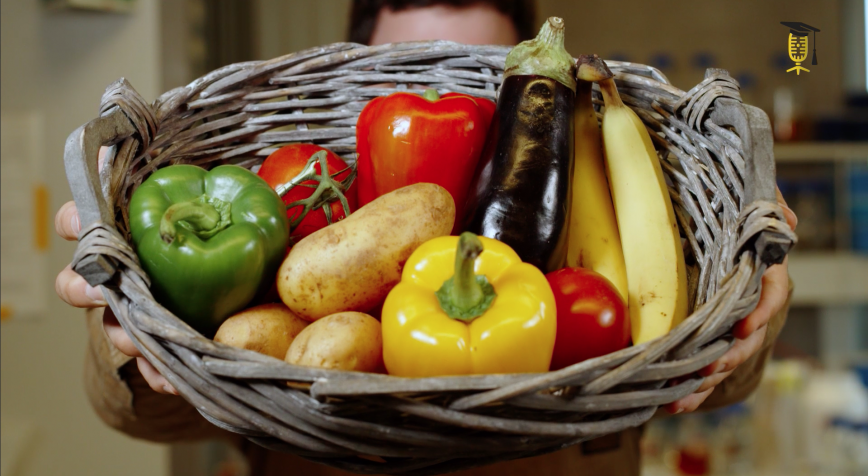
FWO
KU Leuven
UGent
Enzybiotics in drops: a killer combination!
Almost 100 years ago Alexander Fleming discovered the first antibiotic: penicillin. Even then, he warned that there would come a day when bacteria would be resistant to all antibiotics. That day is now very near. Will the 'killer combination' of enzybiotics and water droplets save us from super-bacteria?

